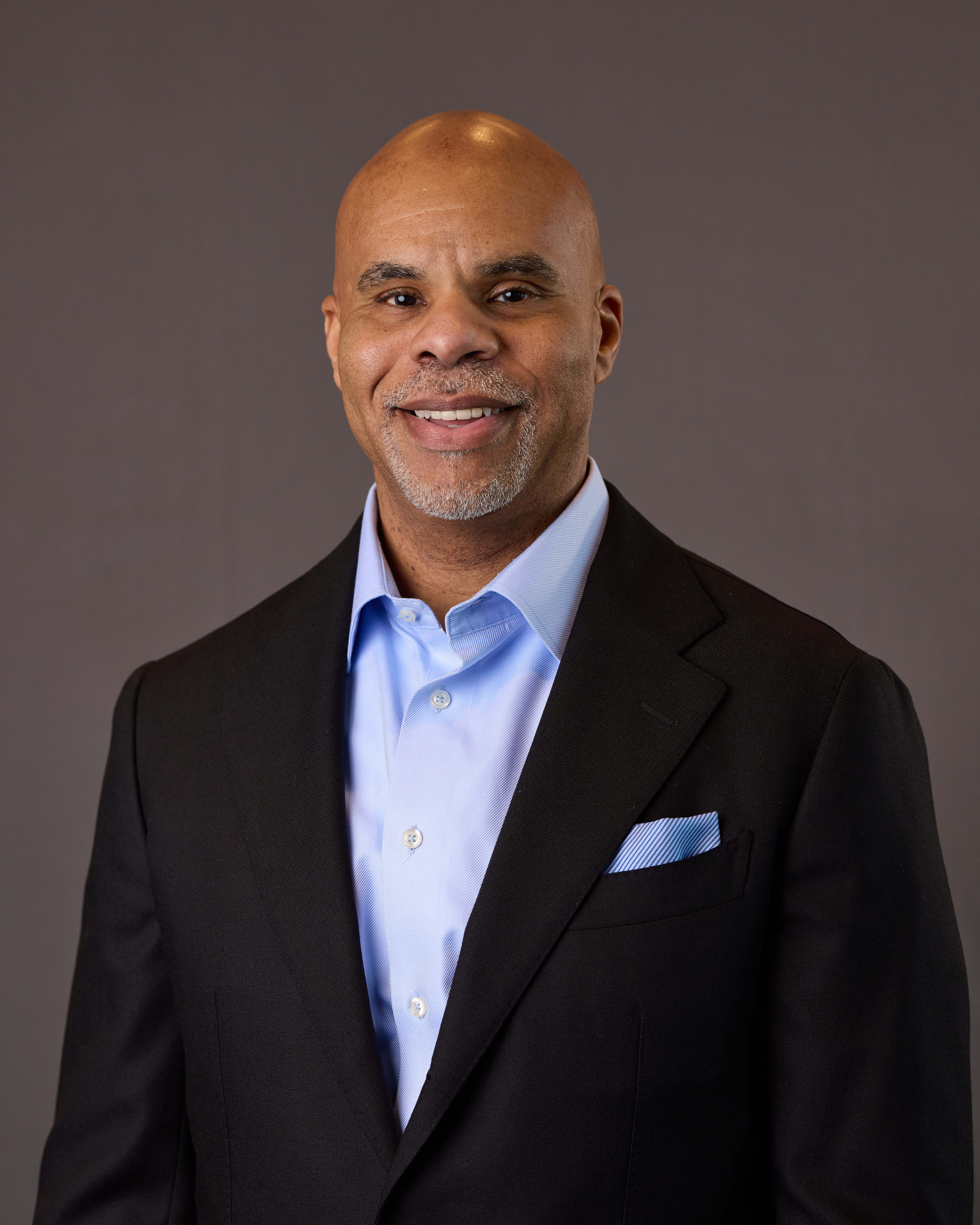Leadership Spotlight: Dr. Jonathan Rubens on Elevating Quality for Patients and Providers

Welcome to our Leadership Spotlight series, where we dive into the current and future implications of value-based care with experts at CVS Accountable Care. Today, we feature Dr. Jonathan Rubens, the Chief Medical Officer of CVS Accountable Care, who brings a wealth of experience in emergency medicine and healthcare administration. In this conversation, we explore his insights on the role of health equity in elevating patient care, the unique challenges of implementing value-based care in various settings, and the critical importance of a team-based approach. We also discuss how CVS Accountable Care addresses these challenges and strives to make value-based care more effective and inclusive for both providers and patients.
In effective patient care, what role does health equity play?
Health equity is central to effective patient care. One of the things I'm most passionate about is the role of health equity in the work we do around accountable care. Health equity needs to be a cornerstone of our efforts. It has to be integrated into everything we do daily, not just as an afterthought. We work diligently to ensure our ACO staff understands health equity, knows how to integrate it into their work, and sees its meaningful impact on their designs and implementations.
This involves training our staff to a certain level of competency with respect to health equity. It also means that our programs, once designed and implemented for our partners, need to have a strong health equity focus. We communicate this with our partners to get them aligned with the concept as well. This partnership approach ensures that health equity is seamlessly incorporated into our work, benefiting all the beneficiaries under our care.
How do the challenges of implementing value-based care differ in rural versus urban settings?
It's an interesting question. The challenges of implementing value-based care are similar everywhere but manifest differently. Growing up in New York City and being an emergency physician, I'm used to urban settings. However, many challenges in rural areas, such as access, health literacy, transportation, food deserts, and education levels, also exist in inner-city areas.
For example, a food desert in a city might cover an area of 10 or 12 blocks, whereas, in rural America, it could span 50-100 miles. The impact on residents is similar despite the different appearances. Therefore, strategies to combat these problems need to be tailored to the specific environment. In urban areas, a transportation program might focus on getting someone to a doctor’s office without access to a car or public transport, while in rural areas, it might address the inability to afford the gas for a 50-mile trip.
Why is a team-based approach to care critical in value-based care?
The crux of this is clinical work; it's about people and their health, no matter what else we're doing in value-based care and ACOs. We want the provider-beneficiary interaction to be the focal point and optimize that interaction.
A key challenge is integrating providers into this work meaningfully without adding to their administrative burden. For example, we aim to reduce the administrative burden on providers as part of the Medicare Shared Savings Program (MSSP) and ACO REACH model. We want each interaction between providers and our team to be meaningful and result in beneficial outcomes for patients.
We aim to offload non-clinical tasks from providers so they can focus on patient care. By doing so, we help providers work at the top of their license, enabling better patient outcomes without overwhelming them with data or administrative tasks.
What are the biggest challenges in training providers in value-based care?
Many providers are used to practicing volume medicine, where production is prioritized. The challenge is shifting from a production environment to value-based care, which focuses on patient outcomes.
Providers need to balance production demands with spending extra time with patients to address their broader health concerns. Our goal at CVS ACO is to provide wraparound services to providers, allowing them to offload administrative and non-clinical tasks to us. This helps them focus on direct patient care and achieve better health outcomes. We seek partners aligned with the value-based care concept, emphasizing teamwork and resource utilization to move from production to value.
What is the most impactful for patient engagement?
The most impactful thing for patient engagement is relativity. Establishing credibility quickly and clearly at the outset of any communication or interaction with beneficiaries is crucial. Patients need to understand who we are, what we offer, and why we are there to help them.
Patients are more likely to engage with us if they receive prior notice about our contact from a trusted source, like their provider or pharmacist. Providers and pharmacists play a key role in introducing our services and building trust with patients, enhancing our ability to engage and support them effectively.
How can providers leverage community health workers to build resources and relationships?
Community health workers play a tremendous role and are highly underused in ACOs today. They understand the communities they work in because they live, work, and breathe there. They meet people where they are, whether at home or in neutral community places.
Community health workers can identify issues and connect beneficiaries with the appropriate resources, such as nurses or case managers, for further support. They also help us understand the patient’s environment, which is crucial for effective care.
CVS Accountable Care’s social workers are well-versed in community resources and work alongside community health workers to help beneficiaries access the necessary resources. Increasing the workforce of community health workers is essential for enhancing the overall effectiveness of our care teams.
Read our recent case study with Inspira Health to learn more about how CVS Accountable Care is helping to improve care outcomes in collaboration with our provider partners.





